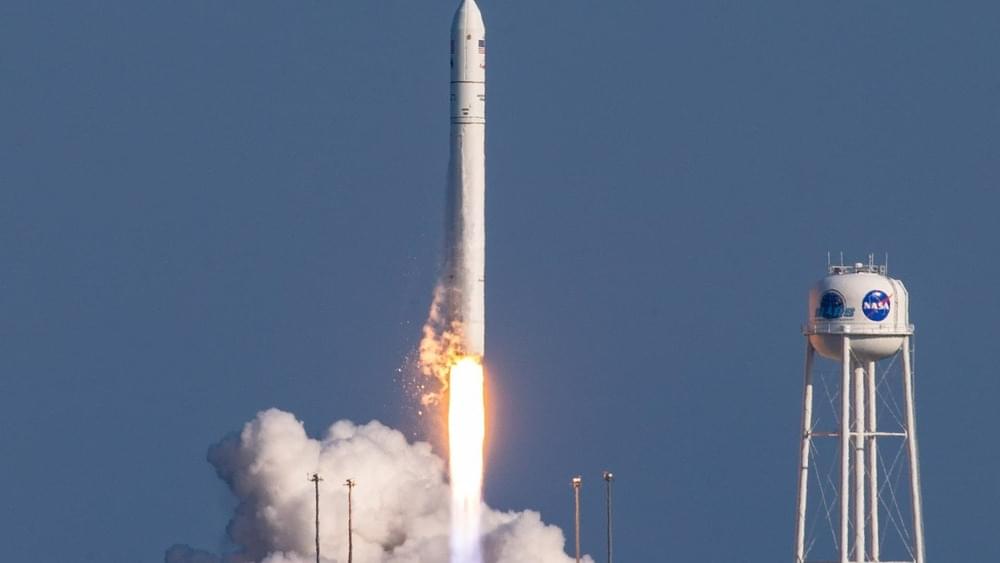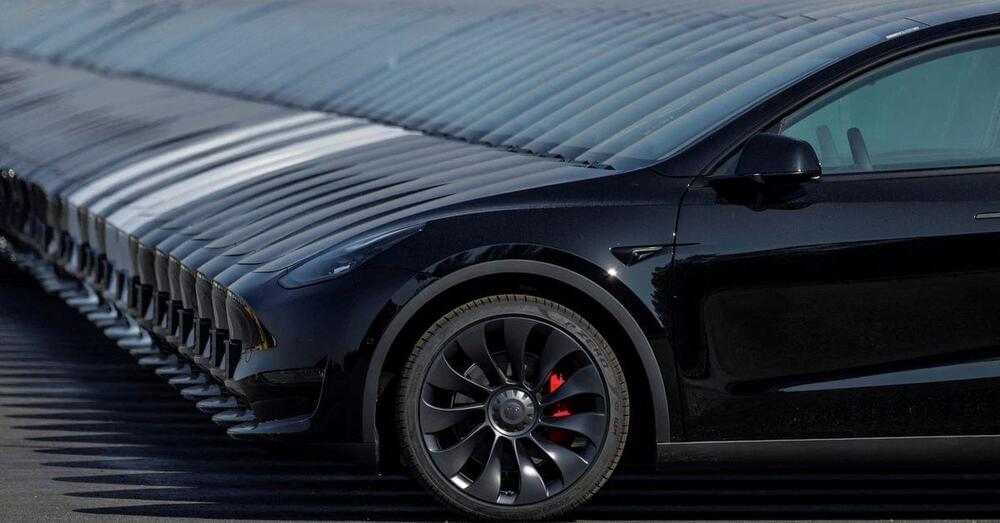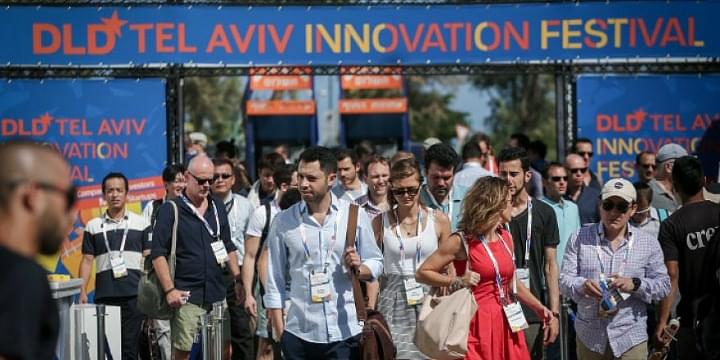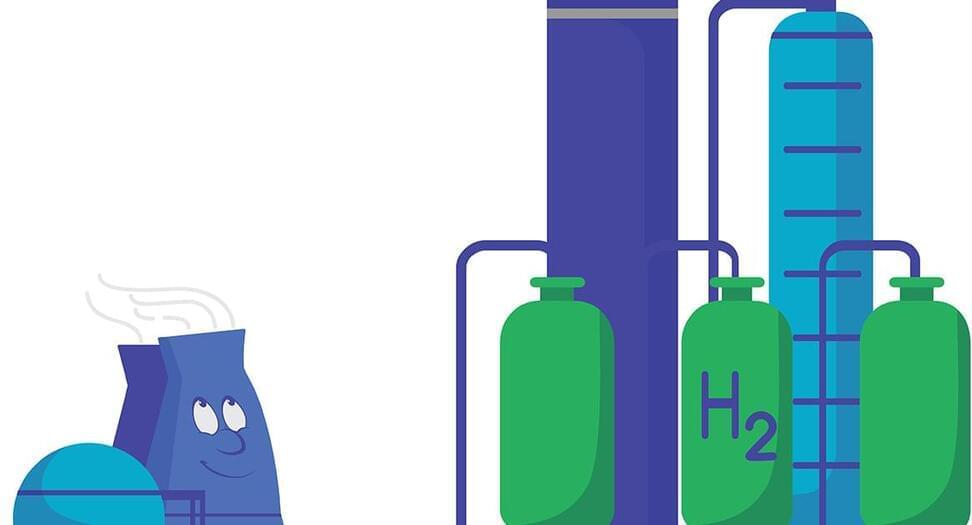As investors continue to put money into technology companies making a difference, there is a misconception that a majority of investors belong to younger generations. New research shows the distribution in ESG-motivated investment: 54% are Gen Z and millennials, 42% are baby boomers, and 25% are Gen Xers.
ESG Standards That Younger Generations Care About
From combatting climate change to expanding diversity in the boardroom and instituting more corporate equitable policies, technology companies need to understand what Gen Z and Gen X care about. If any sector of the global economy is sensitive to ESG it should be technology with its appeal to younger audiences. That’s why the recent acceleration of widespread reporting on ESG principles and practices is creating a shift in power, money and jobs from baby boomers to millennials and Gen Z, in which passive investing, COVID, social injustice issues, the Great Resignation and talent shortages are all contributing factors.








